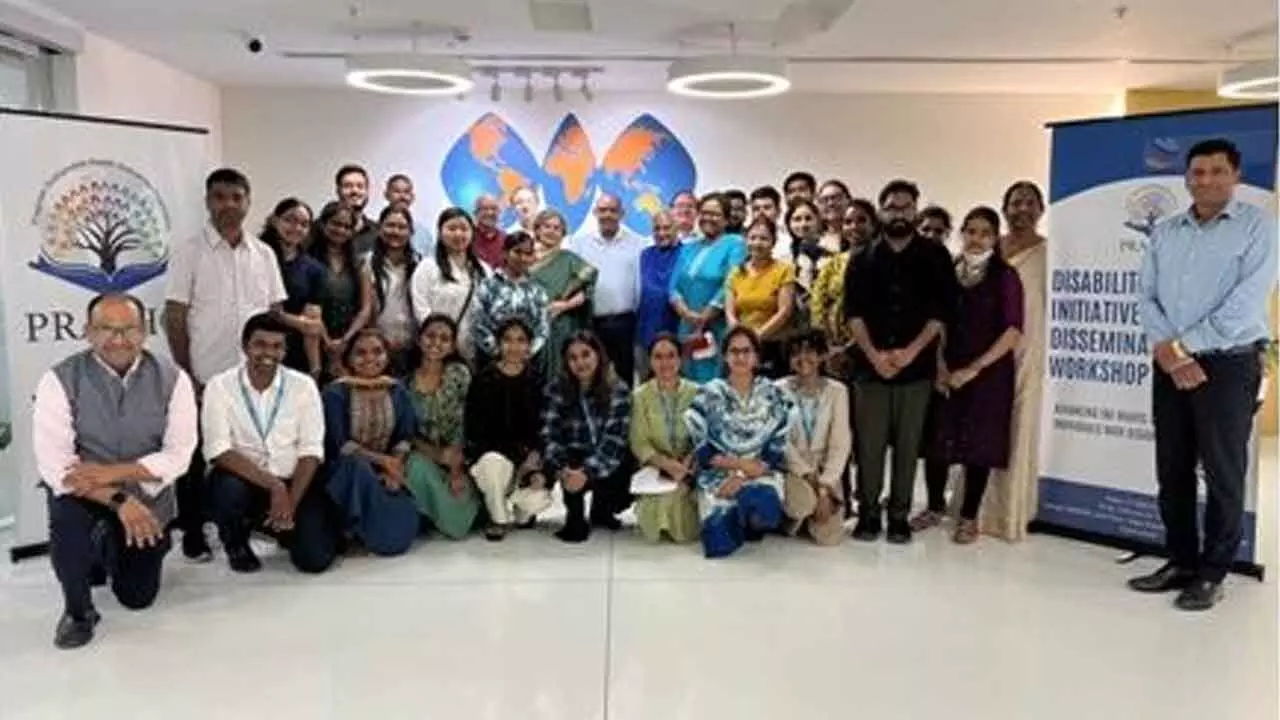Prasho Foundation Releases 2 Disability Statistics Databases
The DS-QR and DS-E database will aid advocates in identifying gaps in data collection and offer a tool for tracking disparities in education, employment and healthcare
Prasho Foundation Releases 2 Disability Statistics Databases

Hyderabad: Prasho Foundation, the South Asia regional hub for the Disability Data Initiative (DDI), announced the release of two databases - the Disability Statistics - Questionnaire Review (DS-QR) database, and the Disability Statistics - Estimates (DS-E) database.
Supported by the Wellspring Philanthropic Fund, the database will support in strengthening disability advocacy and ensure alignment with the Convention on the Rights of Persons with Disabilities (CRPD), a press release from Prasho mentioned.
Dr Zelalem B Taffesse, Chief - Field Office, UNICEF Hyderabad, and Dr BR Shamanna, Professor, School of Medical Sciences, University of Hyderabad, released the database at an event held in the city.
The DS-QR database assesses national surveys and censuses to evaluate whether disability-related questions meet international standards, aiding advocates in identifying gaps in data collection. The DS-E database provides internationally comparable disability statistics derived from population censuses and household surveys covering 40 countries and 6,584 subnational areas, offering a vital tool for tracking disparities in education, employment, and healthcare, it added.
Addressing the gathering Prof Shamanna mentioned the Missing Million where there is no data or incomplete data available about them. He pointed out that the current data on disability in India is collected through the census, which does not gather information on mental health or persons with learning disability.
According to the database the key findings include, 11 countries reported poorer access for individuals with disabilities while 29 reported better access to drinking water and sanitation, women with disabilities face higher domestic violence rates and unmet family planning needs, 16 countries reported healthcare access issues, higher child mortality rates observed among women with disabilities in 15 countries, and women with disabilities more likely to be overweight or obese.
Dr Zelalem Birhanu Taffesse said that this database is the beginning of providing a tool to service providers and implement programmes to bring in a difference in people’s lives. Prof GVS, President, Prasho urged UNICEF to support in conducting surveys with the Child Functioning Module.

